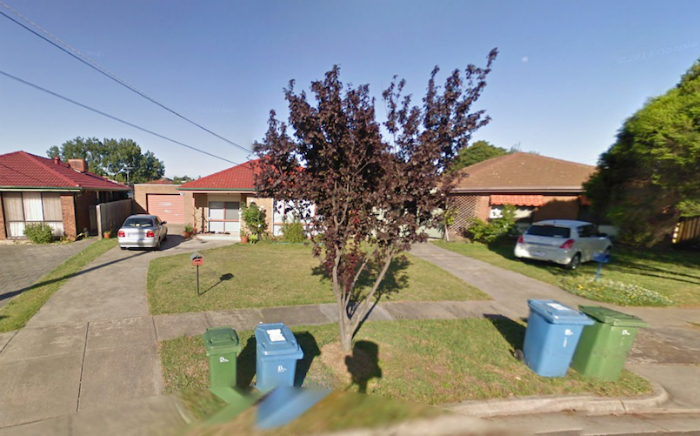When I was 10-years old I moved into a brand new, reddish, yellow brick bungalow house with a medium-sized backyard. It sat on the corner of an intersection with a roundabout and was opposite a park big enough for two soccer goals. Initially I protested the move as none of my friends were moving anywhere and it meant I would be away from them permanently. I knew a kid who moved away from my neighbourhood and no-one ever heard from him again. It’s like he never existed. That was my dread.
Another reason why I thwarted the big move was the feeling of abandonment and quitting on the neighbours, our “street” family of 10 odd years: the mum on welfare with the two teenage kids “James” and “Sophie” and their dog George; the Smiths’ (three sons in their early 20s and a teenage daughter); the Chilean family of four who’s cousins used to come over and work on their chargers in the front yard; and then, there was the pensioners, the Gibsons’, who always used to recite anecdotes of former cagey neighbours and say things like “back in my day.”
Dealing with neighbours is a tricky business. When things are good, life is good. A good neighbour will check your mail, feed your dog. But when you have a bad neighbour you end up fighting about overhanging trees, dilapidated fences, and they don’t feed your dog. But when you find good neighbours you partake in street parties with them, you buy their second-hand computers and you feed each other’s dogs. Good neighbours become important sources for local information; bad neighbours become prickly thorns in your side. Then there are the neighbours that make up a small percentage of neighbourists who are neutral. They never feed your dog but they are also not the prickly thorn. They just float along and become invisible and you never really know how to interact with them.
“Marie” was the only neighbour we had in the new neighbourhood for a while and we got to know, as well as we could. She was a 45 year-old who spoke French as her first language. Marie was the size of a broomstick, had short black Jamie Lee Curtis hair and wore thick-framed glasses. Her routines were, very routine: come home, collect the mail and drop things off in the kitchen. Her lights would go out quite early and her car was gone by the time I was leaving for school around eight o’clock in the morning. Anything else she did was a mystery.
She never went on holidays and never spoke about planning holidays, never threw parties and lived by herself with no cats or dogs. Marie had an identical twin and wore turtlenecks all the time and smoked like a billowing chimney: she’d smoke in the car, while watering the plants and sometimes it looked like she was smoking two cigarettes at once. She was a normal neighbour, on the surface, just not the family with kids I had hoped for.
—
I was woken up by a loud scream early one morning. It was a human female voice. The high-pitched wails went from a singular word of “No!” to longer aching moans. After some time I got up and followed the screams and, as it turned out, they were coming from Marie’s house. It was 3 a.m. The grass blades had a dewy film to them and the air had a frosty bite. The moans grew louder and sounded more like distress calls than sexual sounds, and considering Marie’s lack of socializing I immediately ruled out a late-night caller.
Then I heard glass smashing, from a bottle or a single plate. At that point I woke up my mum who then came outside to hear the noise. It went silent for a while but there we were: my mum in her thick winter night gown, me in my pyjamas and Jo-Jo our 15-year old fox terrier dog all leaning against the fence waiting for more early morning sounds, clues that signaled everything was ok. Jo-Jo thought we were out there to play ball games with him and was wagging his tail the entire time. I told him to cut it out and that this was serious. After twenty minutes of wails, shrieks and yelling, Mum made the adult decision and called the police.
The next time I saw Marie was when she was moving out of her house a few months after that night. She was carting boxes into her hatchback with a cigarette hanging out of her mouth. As soon as the cigarette finished, she lit another one. What I found out from mum and another neighbour was that Marie was an alcoholic and was in a suicidal state. This was the same Marie that wore thick turtlenecks, smoked and led a relatively simple life that we knew of. The same Marie that once told me she was afraid of water rapids but was interested in rafting. It made me think even though we like to think we know our neighbours, it’s all guess work. We never really, really know our neighbours at all.
–
